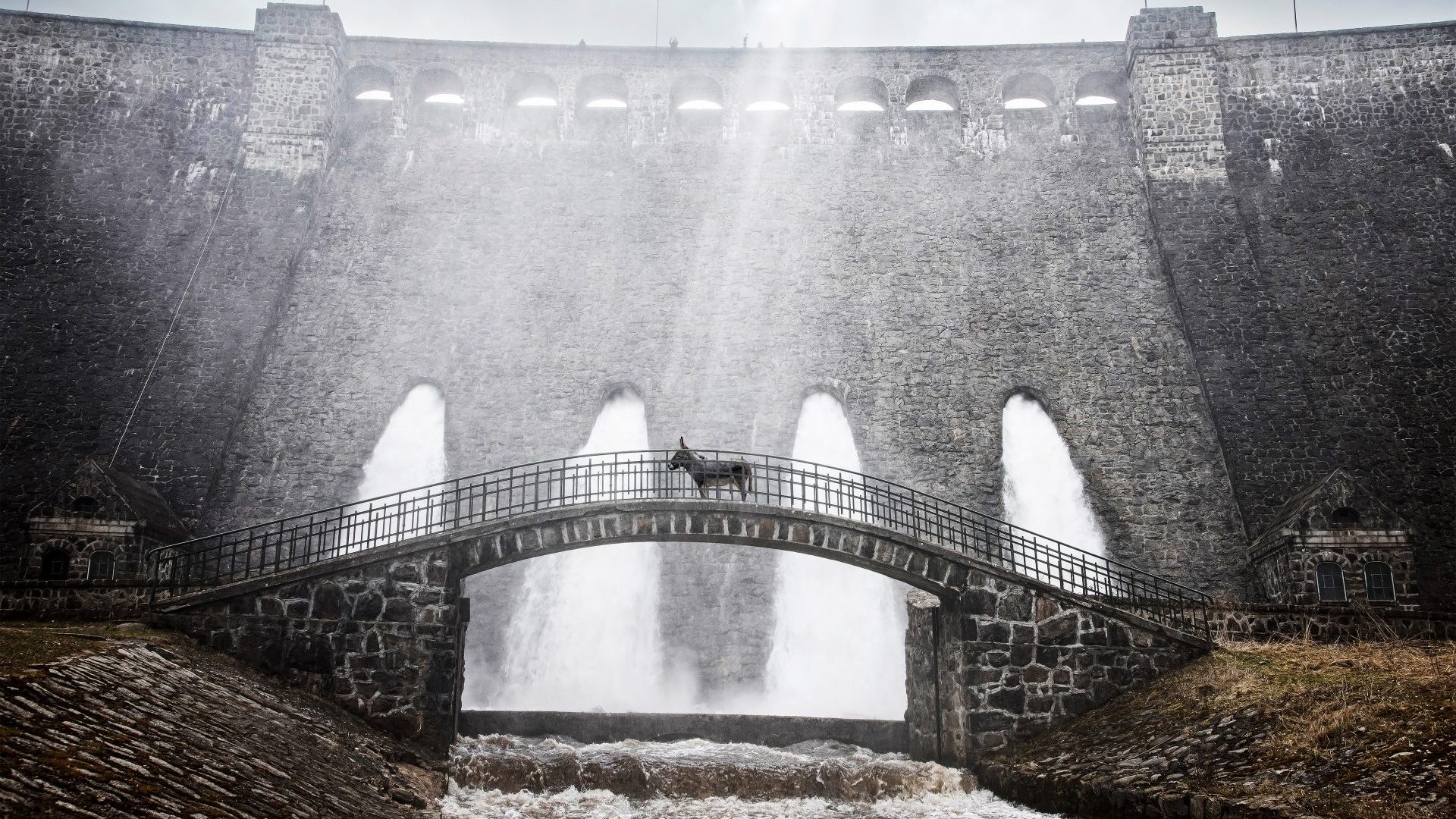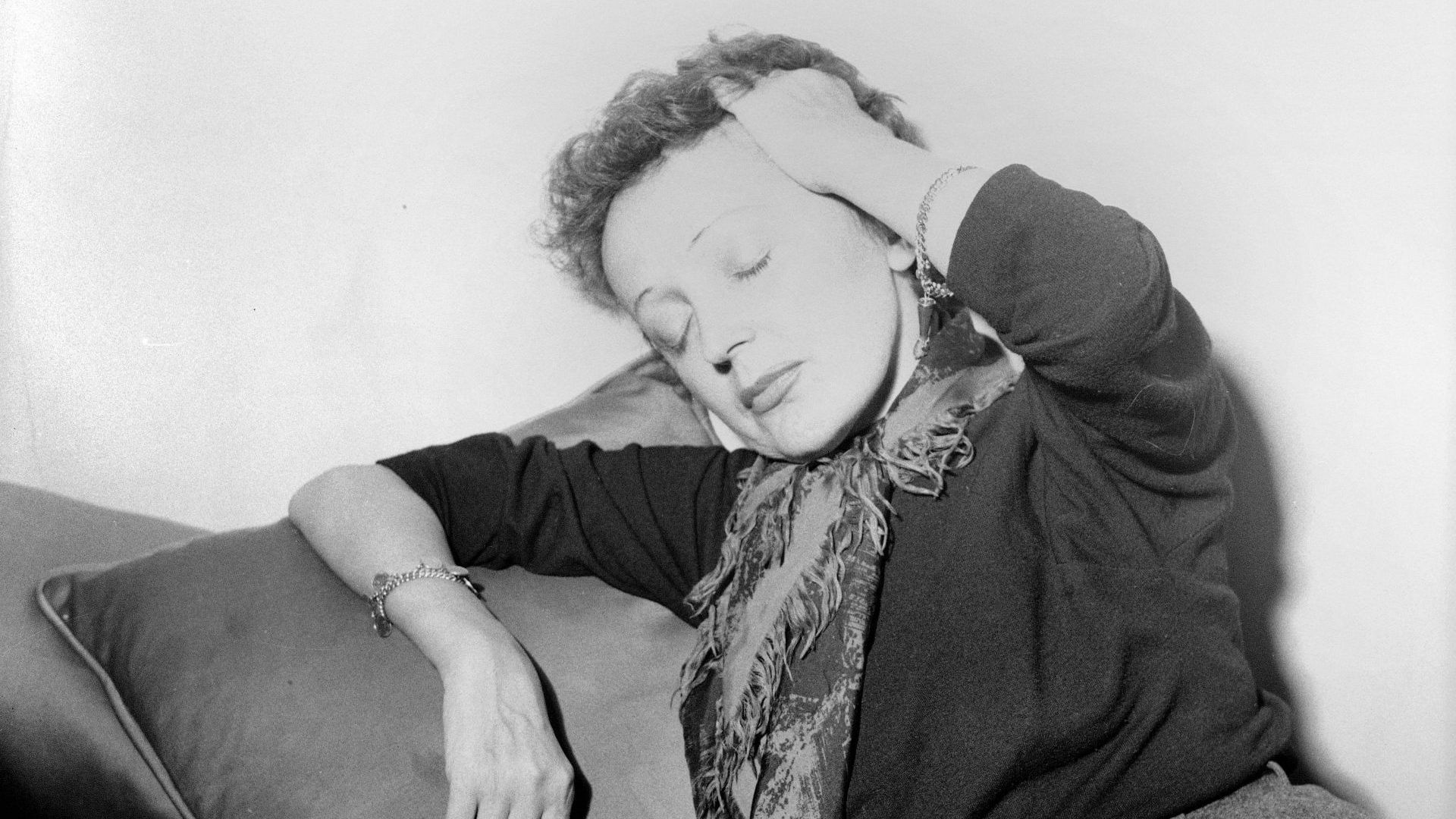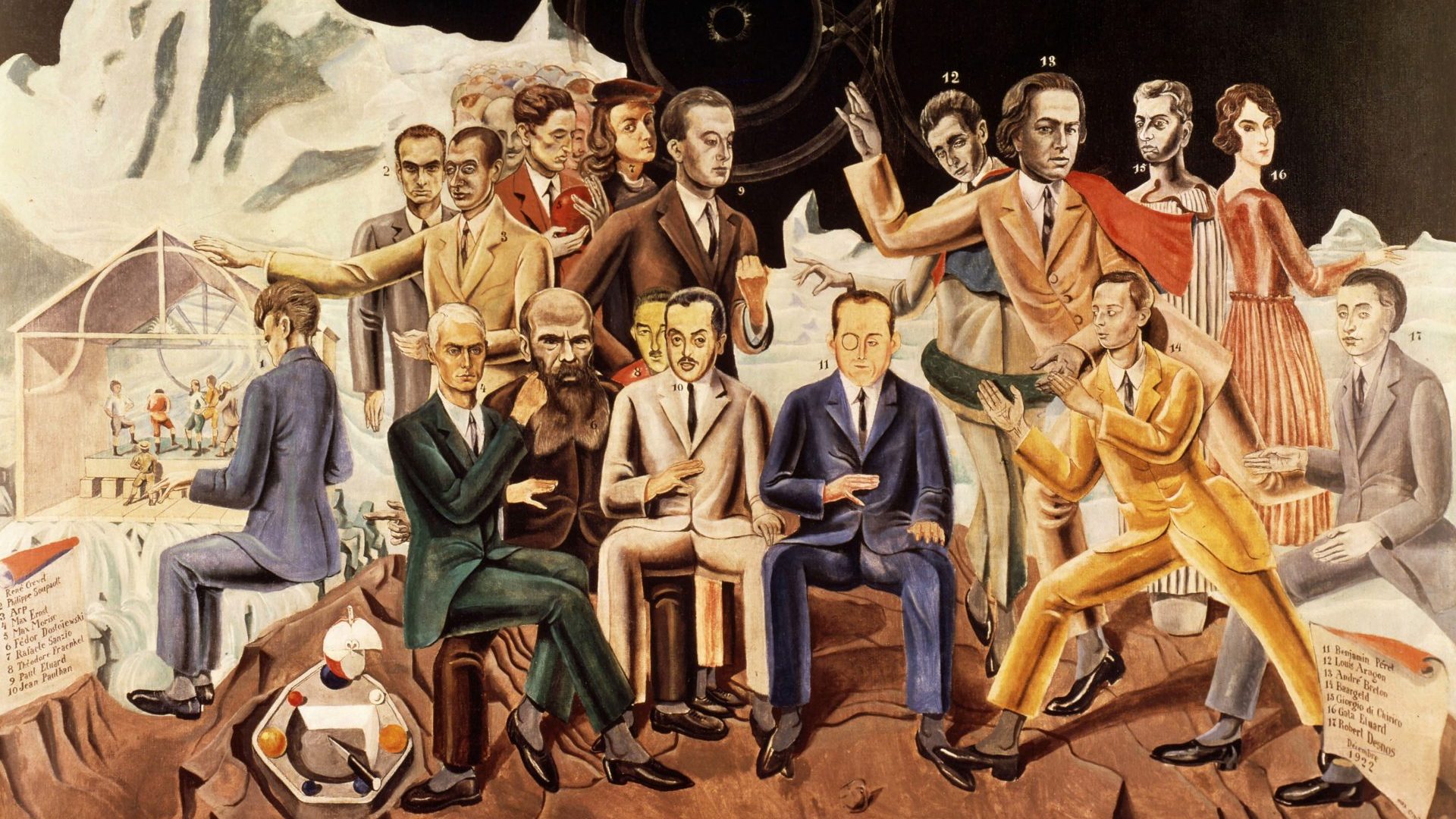As so much filmed entertainment – they call it content – slips into easy boxes on your streamer menu, the quicker to pass you by, along comes a movie that kicks and stubbornly refuses to be fenced in.
Forgive the mulish comparison but the maverick work to which I’m referring is a film about a donkey. Hailed as the most experimental, avant-garde and daring film of the year, it’s all the more remarkable for being made by an octogenarian director from Poland enjoying a surprise late-career flourish.
“You better ask the younger guys why they aren’t taking risks,” laughs Jerzy Skolimowski on my screen. “Don’t ask me what’s going on – I’ve been doing my thing for so long now, but maybe you’ve just all caught up with me at last.”
His film is titled EO – like the bray of its titular donkey – and it has won him
a Special Jury prize at Cannes, a place on many 2022 Top 10 lists and a slot in
the awards conversations as it trotted on to the Oscar and Bafta long lists for
International Film.
The film follows the picaresque journey of EO, a donkey sold from a travelling circus and escaping to travel across Europe, to towns and forests,
across motorways, rivers and scrap heaps to farms and Italian villas. Mostly, we see a cruel and unfeeling world from the donkey’s point of view but shot in a free-wheeling, colour-saturated, endlessly inventive style, accompanied by a techno-tinged, contemporary classical score by Polish composer Paweł Mykietyn, a winner at December’s European Film awards.
European film fans may recognise in the description the influence of Robert Bresson’s seminal 1966 donkey film Au Hasard Balthazar, which Skolimowski
took as his model. “But I wanted to throw all the richness of modern cinema techniques at it,” he says. “Bresson used only black and white and only close-up lenses, a minimalist approach – I wanted this to be full of surprises, the cranes, the drones, the hyper bursts of colours, the edits. I loaded it with cinematic possibility.”
He certainly does throw the tool kit at the screen. You never quite know where EO is going next, the film or the donkey, which is, perhaps, to say they
are one and the same thing: we view almost everything through his eyes, a
technique that invites us to feel and think a bit differently about this picture of an animal at work. I suggest as much to Skolimowski over the Zoom call, during which the Santa Monica sunshine pours in through the window behind him, lighting him like a Velázquez portrait.
There must be something more to this than a story about a donkey? Isn’t it an allegory, I say, for the artist and the state of cinema?
“Ha! You have found me out!” he barks in gravelly, thickly accented English that occasionally breaks off for translation of colourful words, the interpreting provided by his wife and writing partner, Ewa Piaskowska, who
lurks off-screen and who has given him a new lease of creative life.
“There are allegories and poetic associations, but it’s very difficult to tell you exactly what they are and what they mean. I always make rather personal
films so I think subconsciously I have smuggled in there some of my own life. But I am not a donkey, of course. But maybe the immigrant experience is something I can feel along with EO. You know, I was expelled from Poland after I made a very political, anti-Stalinist film in 1967 and I was not allowed to work there, so I had to leave, flee into the unknown.”
He’s talking about a film called Hands Up, which was banned by the communist regime at the furious behest of the Russian ambassador. “He had not even seen the movie,” says Skolimowski. It was eventually released in 1981, in the solidarity era in Poland, but to a very small audience and by that time, Skolimowski was long gone. Having begun his career working and writing on Roman Polanski’s breakthrough thriller, Knife in the Water, he travelled to Belgium to make Le Départ (with François Truffaut muse Jean-Pierre Léaud) and then to England, for Deep End in 1970, with Jane Asher as a sexually manipulative pool attendant and Diana Dors in a swimsuit and featuring some now cult classic Soho scenes.
That film brought him into contact with young British producer Jeremy Thomas, who sent him the script for his 1978 feature The Shout. “To my
surprise,” recalls Thomas now, on the phone from Australia, “he responded
with a set of notes as to how he’d shoot it and I was terribly impressed.
“Before we knew it, we were all on a very British set in Devon and Cornwall
with this wonderfully British cast of Alan Bates, Susannah York and John Hurt, but it was nothing like any of the sets I’d grown up on. Jerzy made it so
unusual, so artistic, so avant-garde. I thought he was amazing, just to watch him work, on set and then in the editing afterwards, and he completely influenced the way I worked for the rest of my life. It was the recipe for what I wanted, an unfamiliar way of telling stories.”
Thomas went on to forge relationships with artistic auteurs including Nic Roeg, Bernardo Bertolucci, David Cronenberg and Nagisa Ōshima, but always kept a berth for Skolimowski, who calls Thomas “the best producer in the world, no doubt about it”.
Thomas is serving as a cheerleading executive producer on EO, shepherding the film to international art-house success with his commercial contacts and savvy. “Jerzy’s an artist really, but one who makes films when he can,” says Thomas. “He’s got a joyously young spirit and he always pushes for what he wants while remaining very free and excited by the thought of improvising. He was very clever with EO to find a subject he could shoot in segments. He’s
used to adapting.”
One wouldn’t stoop so low as to call EO film-making on the hoof, but it does have a tingling unpredictability to it. You don’t really know what will happen next. Even Isabelle Huppert turns up in a surprise but glorious cameo role as an Italian countess. “I didn’t want to put her on the titles or on the poster,” he says. “Otherwise people would be thinking: ‘where’s Huppert, I’m waiting for her’, or ‘I’ve paid to see her and she’s not in this’.”
I do test Skolimowski’s humour. Maybe they’d think she is actually EO? “Well, she can play anything,” he bats back. In fact the donkey is played by six creatures, all the same Sardinian breed, three of them Polish and three Italian. “You can’t tell one from the other on camera, but I could on the set,” he says, keen to point out the lengths he and the crew went to to ensure the animals’ comfort. “They really don’t like to be forced to travel, to get into horse boxes and if they come on set, nervous and tired, then you can’t work with them, so it was all about the donkey, we would tiptoe around them, make sure they had everything they needed to be the star. The donkeys ruled the set.”
During the 1980s, Skolimowski went to Hollywood. He didn’t have much luck there. “They did not embrace my ideas. I was naive. I thought they would listen to my stories, to my style of film-making, but maybe it was the wrong time for me. I got nothing.”
Instead, he took advantage of the California light to return to his love of painting and became a respected artist, selling canvases and holding exhibitions. As Hollywood developed a penchant for East European-accented baddies, Skolimowski also slowly ventured back to acting roles – his screen debut was as a boxer in a Polish film for the legendary Andrzej Wajda – and he suddenly landed quite a big one as a KGB colonel in Taylor
Hackford’s ballet drama White Nights, with Mikhail Baryshnikov, Gregory
Hines, Isabella Rossellini and Helen Mirren. Yes, the one that got 1986
Oscar nominations for both Say You, Say Me by Lionel Richie and Separate
Lives by Phil Collins. Richie won, and Hackford married Mirren.
Skolimowski has also appeared as a memorable Russian mafia boss in Cronenberg’s superb London gangster film Eastern Promises (2007, and also
produced by Thomas) and more recently and more surprisingly in Marvel’s Black Widow.
“You see,” says Thomas, “the film industry worships fresh voices and new directors, but sometimes it would do well to heed the older heads, like Jerzy.
Guys like him know what they’re doing, they have confidence and vision and
years of experience, and they know how to express the things they want to say. There is something magnificent in this maturity, especially if it still has the spirit of the avant-garde. You give an artist like that great freedom, you get great surprises.”
EO has surprised its own author. “I never had reviews like this, in all my
career”, chuckles Skolimowski. “Now they love me in Hollywood. Which is strange because EO is my reaction to the formulaic way of making movies,
the three-act structure where you have to introduce all the characters and have plot points in the first 15 minutes and then spend the rest of the film travelling to the resolution of them.
These iron rules of film-making are so boring, you might as well be a clerk in an office. So at least, when I chose a donkey for my lead character, that cuts down on a big chunk of dialogue.”
Having once been expelled from Poland, Skolimowski is now back in his homeland. “The political situation has changed although it is really far from
perfect right now,” he says. “But the Polish Film Institute were my main backers for EO, so I have come a complete journey, you might say.”
So here is EO, a film about a donkey and our cruelty towards animals, but also about how we treat our artists and our elders, and our refugees and
ourselves. It’s a film about freedom of movement and freedom of expression, about political turmoil, remaining adaptable and about being really stubborn and strong, when needed. It’s the hippest, most experimental film of the year and it’s about a donkey trying to find a home. About life, really.
EO is in cinemas from February 3




